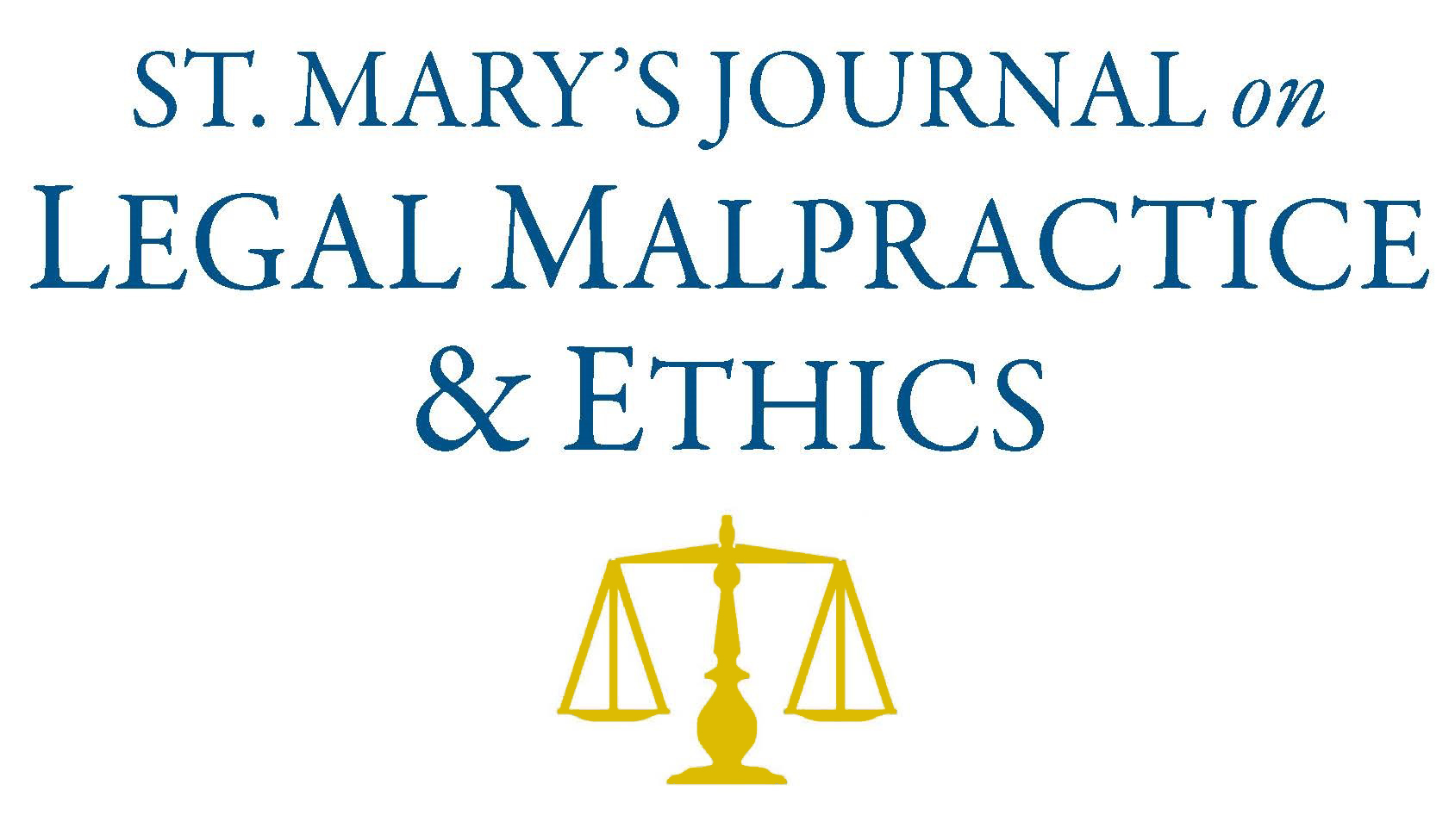
Guilt by Association: How “Standby Co-Counsel” Exposes Attorneys to Malicious Prosecution Liability.
First Page
284
Date Created
1-1-2013
Publisher
St. Mary's University School of Law
Editor
Charles Ipock
Last Page
307
Abstract
Attorneys should not assume that lending their name to a case is a risk-free practice. The California appellate decision, Cole v. Patricia A. Meyer & Associates, answered the question of whether non-participating, standby co-counsel could be held liable for malicious prosecution by merely being listed as counsel of record. Cole established the clear message behind being aware of “co-counsel” risks. According to the court, co-counsel cannot escape liability if they failed to know enough about the case. By rejecting the “passive counsel” defense, Cole held that associated attorneys still have a duty to research the validity of a case even if their only role is to be available in the event the case goes to trial. Cole illustrated that simply being a co-counsel could lead to monstrous liability. Nonetheless, rather than viewing the Cole decision as punishing co-counsels, attorneys should use Cole as guidance regarding an attorney’s duties. To avoid liability for merely being standby counsel, an attorney should evaluate the allegations to ensure probable cause exists before associating with any case as counsel of record. Attorneys may passively shirk tasks and take a hands-off approach, but they cannot evade mandatory duties and avoid liability. Thus, an attorney must not rely solely on another attorney’s experience, expertise, friendship, or professional reputation; counsel of the record must remain sufficiently informed to judge other attorneys’ quality of work. Requiring attorneys to research the merit of a case before associating as co-counsel not only benefits the client and court, but it also allows attorneys to reap the benefit of reputation preservation.
Recommended Citation
Colleen V. Lisowski,
Guilt by Association: How “Standby Co-Counsel” Exposes Attorneys to Malicious Prosecution Liability.,
3
St. Mary's J. on Legal Malpractice & Ethics
284
(2013).
Available at:
https://commons.stmarytx.edu/lmej/vol3/iss1/9
Included in
Law and Society Commons, Legal Ethics and Professional Responsibility Commons, State and Local Government Law Commons

